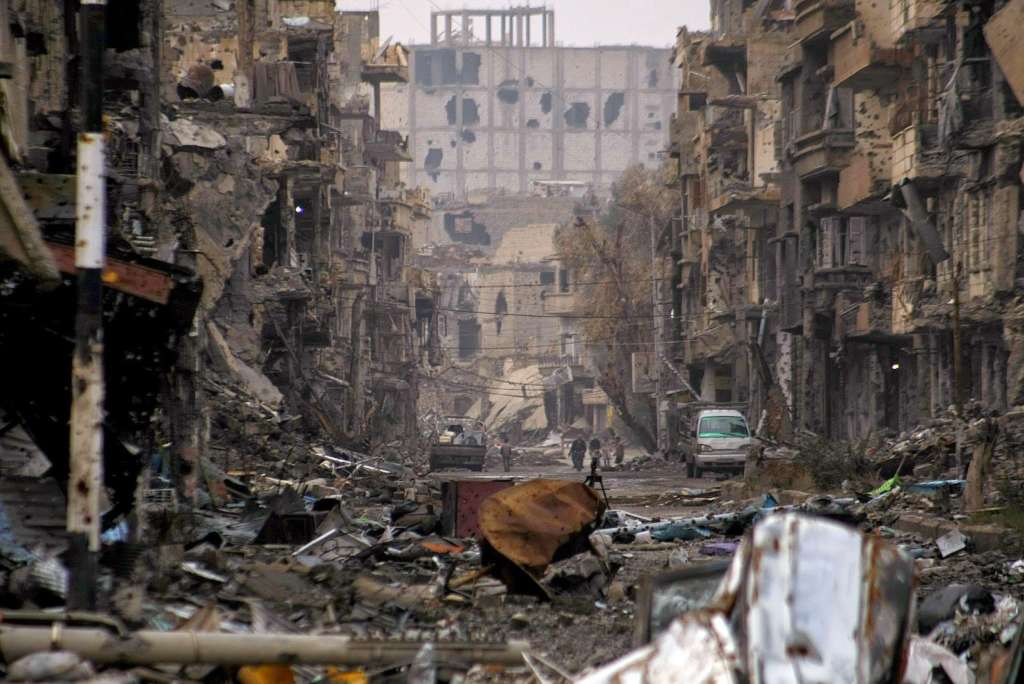Moscow, Beirut- The Kremlin highlighted on Tuesday the “strategic victory” achieved by Syria’s regime forces after lifting the siege enforced by ISIS on the city of Deir Ezzor, a development considered as a victory for Russian President Vladimir Putin in annexing oil-rich areas east the country to “Syria’s beneficial” regime-controlled areas.
The military development is considered the biggest since the Syrian regime and its allies launched their operations against ISIS in the east Aleppo countryside last January, a period during which the regime recuperated 35 thousands kilometer square of territories in the ISIS-controlled desert areas.
The regime’s latest military move now separates the southern countryside of Deir Ezzor from its northern countryside, where regime forces and their allies stopped in the city of Maadan, the last city controlled by ISIS in the countryside of southeastern Raqqa connected to Deir Ezzor.
Regime forces now plan to continue their advancement to control the entire western strip of the Euphrates River.
After breaking the siege imposed by ISIS for over three years on the city where more than 7 million people live, the terrorist organization will be forced to resort to the Syrian desert by retreating to the Euphrates Valley, extending to east Syria and west Iraq.
Two Syrian opposition sources told Asharq Al-Awsat on Tuesday that the Russian advanced air cover in addition to the regime’s extensive missiles and artillery support “pushed ISIS militants to vacate their positions and retreat in the direction of the southern countryside of Deir Ezzor.”
The official Syrian news agency, SANA, reported on Tuesday that celebrations broke out across Deir Ezzor city after the Syrian forces achieved a great victory breaking the siege imposed on the city by ISIS for over three years.
Meanwhile, Secretary of Iran’s Supreme National Security Council (SNSC) Ali Shamkhani reiterated his country’s support to the Qalamoun deal reached between “Hezbollah and ISIS,” adding that the operation was “a practical tactic that did not affect the strategy of war against terrorism.”
